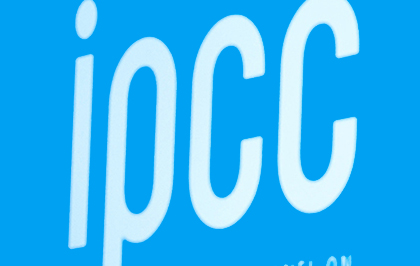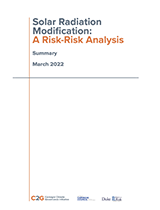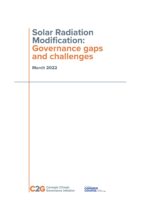Managing the risks of a global warming overshoot to safeguard sustainable development
A virtual side event for the High-Level Political Forum on Sustainable Development
6 July 2022 07:30-09:00 am EDT
Climate change poses fundamental challenges for sustainable development as temperature increases and other hazards put past and future development achievements increasingly at risk. Understanding such risk as well as new risks triggered by climate response measures is therefore central to assessing the pros and cons of any options for responding to climate change.
According to the IPCC, risks arise from many responses that are intended to reduce the risks of climate change, including risks from maladaptation and adverse side effects of some emission reduction and carbon removal measures. The IPCC also states that while solar radiation modification (SRM) approaches have the potential to offset warming and ameliorate some hazards, if implemented, it would also introduce new risks, which are not well understood.
Using a comparative risk framing can play an important role in helping safeguard sustainable development as we respond to climate change. It can help maintain focus on broader SDG objectives and provide decision support to navigate the risks around different climate response options and develop climate policy and governance that is better aligned with sustainable development delivery.
This side event co-organised by the UN Economic and Social Commission for Latin America and the Caribbean (ECLAC) and the Carnegie Climate Governance Initiative (C2G) will explore how using comparative risk framing can help decision makers in designing, implementing and governing climate response options that better support SDG delivery.
Speakers
Inés Camilloni, Associate Professor, Department of Atmospheric and Ocean Sciences, University of Buenos Aires, Argentina
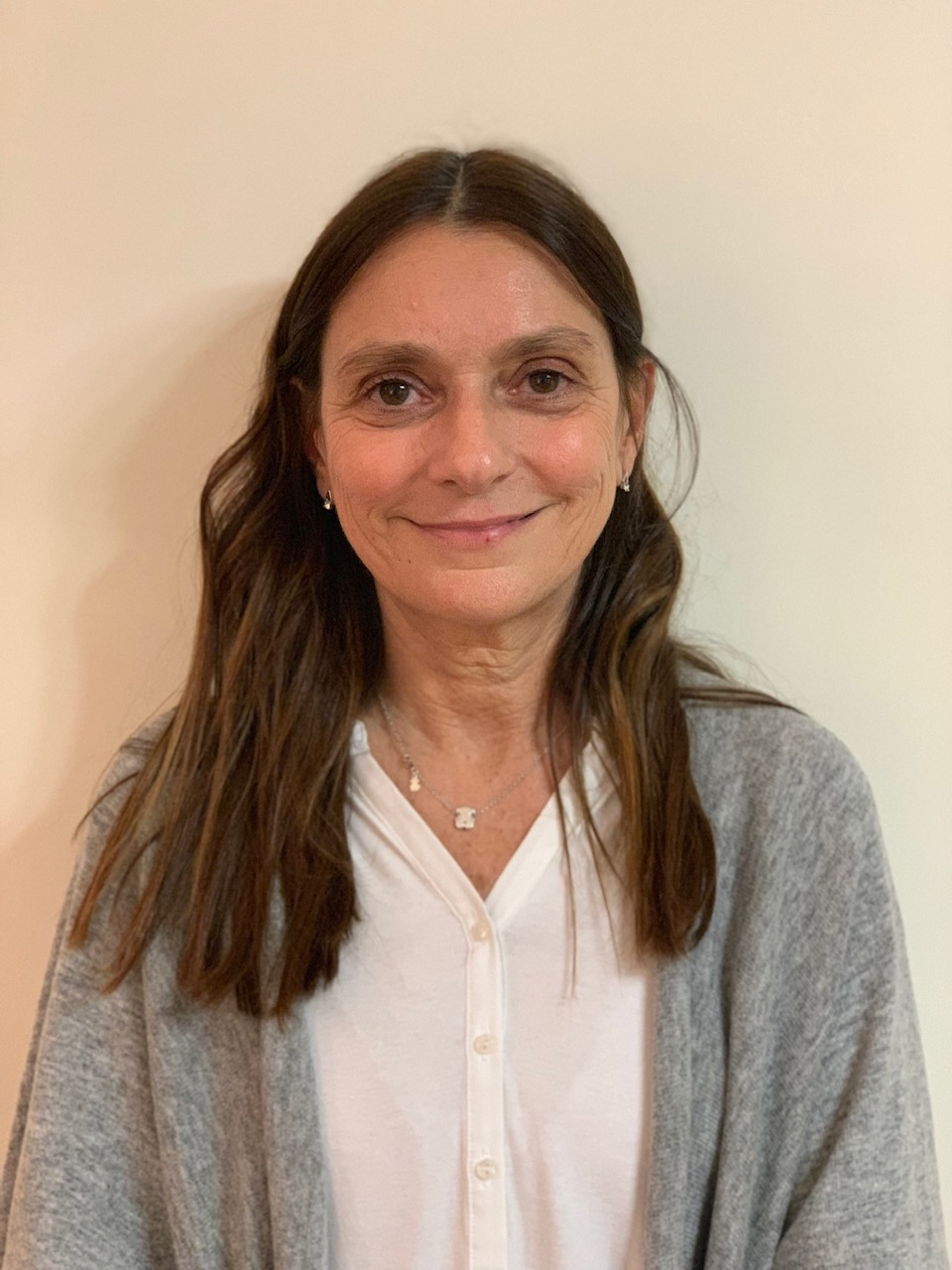
She is the principal investigator of the SRMGI study “Hydrological impacts of solar radiation management in the La Plata Basin in South America”. She has participated, leaded or coordinated several recognized national and international research projects related with climate variability and change, and has authored several peer-reviewed scientific journal articles and book chapters.
She was a member of the Argentinean team that developed the report on present and future climate trends in Argentina for the “3rd National Communication of Climate Change” and the related web-based dissemination of climate data and scenarios to support impact studies in Argentina.
Thelma Krug, Vice-Chair, Intergovernmental Panel Climate Change
She was elected Vice-Chair of the Intergovernmental Panel on Climate Change (IPCC) for the Sixth Cycle of Panel (October 2015 – October 2022), after having been co-chair of the IPCC Task Force on National Greenhouse Gas Inventories from 2002 until 2015. She holds a PhD on Spatial Statistics from the University of Sheffield, UK. She has been Deputy National Secretary at the Secretary on Policies and Programs of Science and Technology at MCTIC; National Secretary at the Secretary on Climate Change and Environmental Quality from the Ministry of the Environment (MMA) and Director of the Department on Policies to Combat Deforestation under the Secretary of Climate Change and Forests at MMA.
For more than 15 years she has represented Brazil in the negotiations at the United Nations Framework Convention on Climate Change (UNFCCC), with particular focus on issues related to land use, land-use change and forestry (LULUCF); research and systematic observations; and reporting guidelines. Her main areas of interest are climate change and the role of deforestation, forest degradation and land-use change; REDD+; and national greenhouse gas inventories.
Arunabha Ghosh, CEO, The Council on Energy, Environment and Water
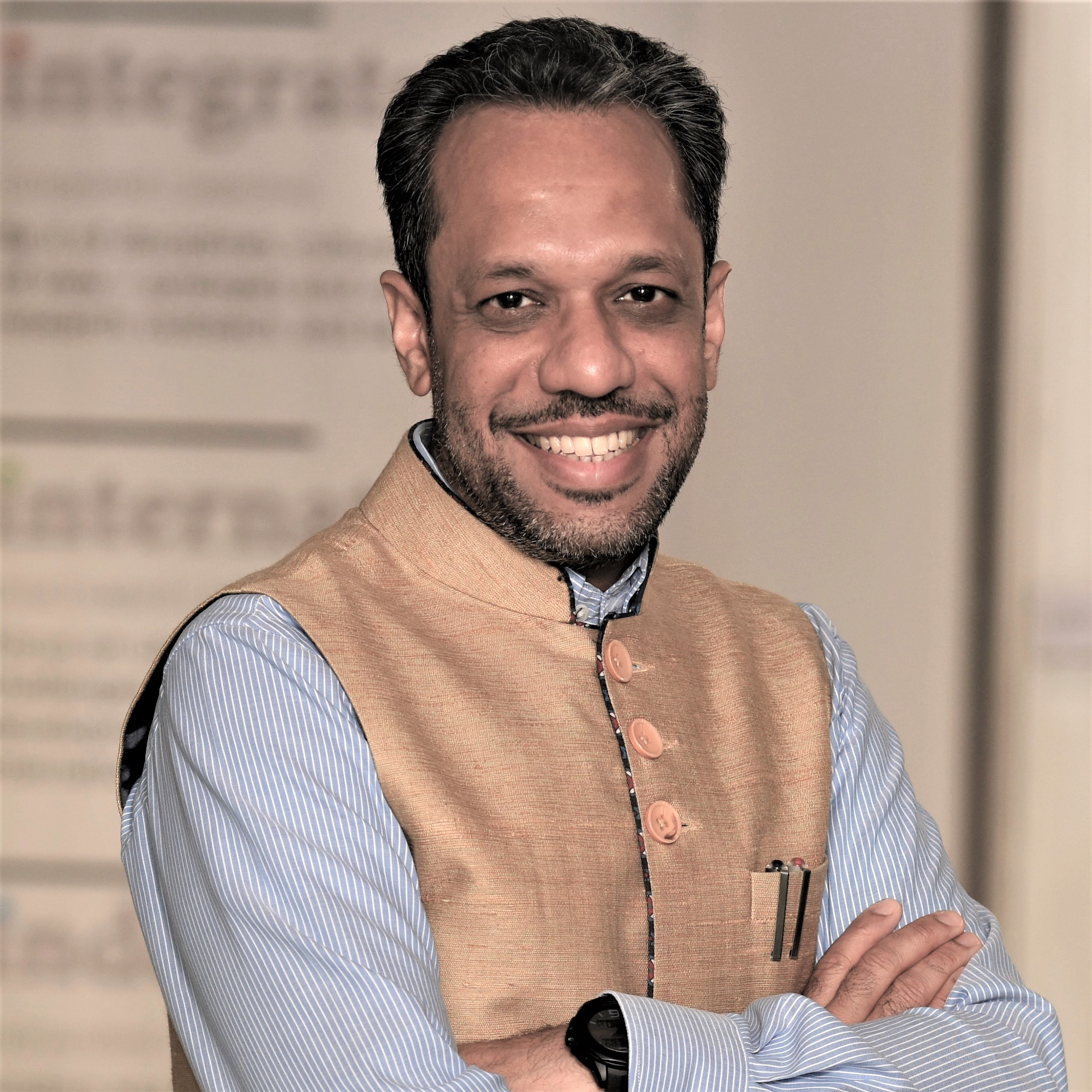
He is lead author of Jobs, Growth and Sustainability: A New Social Contract for India’s Recovery (CEEW, 2020). He is the co-author/editor of four books: The Palgrave Handbook of the International Political Economy of Energy (2016); Energizing India: Towards a Resilient and Equitable Energy System (SAGE, 2016); Human Development and Global Institutions (Routledge, 2016); and Climate Change: A Risk Assessment (FCO, 2015). Arunabha’s essay “Rethink India’s energy strategy” in Nature was selected as one of 2015’s ten most influential essays.
Arunabha advises governments, industry, civil society and international organisations around the world. This has included India’s Prime Minister’s Office, several ministries and state governments. He was invited by France, as a Personnalité d’Avenir, to advise on the COP21 climate negotiations; and also advised extensively on HFC negotiations. He served on the Executive Committee of the India-U.S. PACEsetter Fund. He has been a member of Track II dialogues with ten countries/regions; and formulated the Maharashtra-Guangdong Partnership on Sustainability. He is a member of the Environment Pollution (Prevention & Control) Authority for the National Capital Region.
His monthly columns in the Business Standard (Inflexion Points) and the Hindustan Times (Over The Horizon) are widely read. He has hosted a documentary on water in Africa, featured in National Geographic and Discovery Channel documentaries on energy, and delivered a TED Talk on air quality. He is a World Economic Forum Young Global Leader, member of WEF’s Global Future Council on Energy, and an Asia Society Asia 21 Young Leader. He holds a D.Phil. from Oxford and topped Economics from St. Stephen’s College, Delhi.
Janos Pasztor, Executive Director, Carnegie Climate Governance Initiative (C2G)
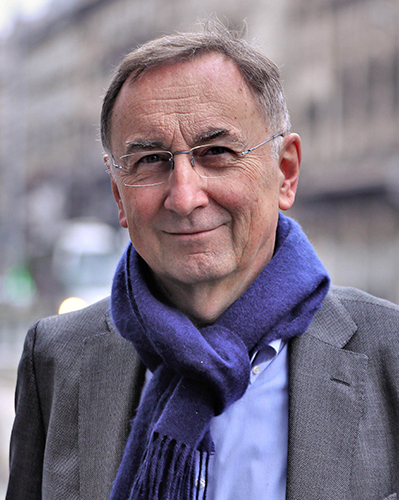
Earlier, he was Acting Executive Director for Conservation (2014), and Policy and Science Director (2012-2014), at WWF International. He directed the UNSG’s Climate Change Support Team (2008-2010) and later was Executive Secretary of the UNSG’s High-level Panel on Global Sustainability (2010-2012). In 2007 he directed the Geneva-based UN Environment Management Group (EMG). During 1993-2006 he worked and over time held many responsibilities at the Climate Change Secretariat (UNFCCC), initially in Geneva and later in Bonn.
His other assignments included: the Secretariat of the UN Conference on Environment and Development (Earth Summit ’92); Stockholm Environment Institute; United Nations Environment Programme (UNEP); Secretariat of the World Commission on Environment and Development (Brundtland Commission); the Beijer Institute; and the World Council of Churches. He has BSc and MSc degrees from the Massachusetts Institute of Technology (MIT).
Estefani Rondón, Research Assistant, Sustainable development and human settlements Division, UN Economic and Social Commission for Latin America and the Caribbean

“Are we on track to meet the Paris Agreement temperature goals by 2040?”
Thelma Krug
Vice Chair, Intergovernmental Panel on Climate Change
“How does Solar Radiation Modification relate to temperature overshoot?”
Thelma Krug
Vice Chair, Intergovernmental Panel on Climate Change
“Would Solar Radiation Modification Increase or Decrease the overall risk of Climate Overshoot?”
Inés Camilloni
Associate Professor, Department of Atmospheric and Ocean Sciences, University of Buenos Aires, Argentina
“Why should we engage with Solar Radiation Modification?”
Arunabha Ghosh
CEO, The Council on Energy, Environment and Water
“Ethical and material concerns around Solar Radiation Modification?”
Arunabha Ghosh
CEO, The Council on Energy, Environment and Water
“Four possible routes for governance of Solar Radiation Modification?”
Arunabha Ghosh
CEO, The Council on Energy, Environment and Water
“The Importance of Governing Scientific Experiments around SRM?”
Arunabha Ghosh
CEO, The Council on Energy, Environment and Water
